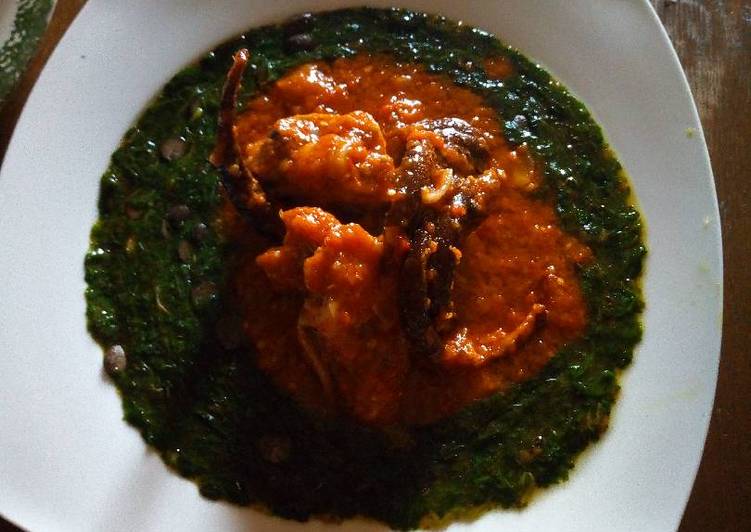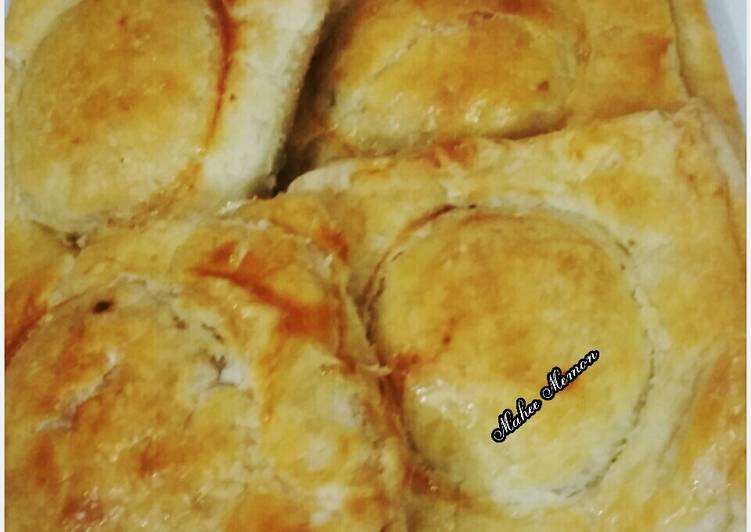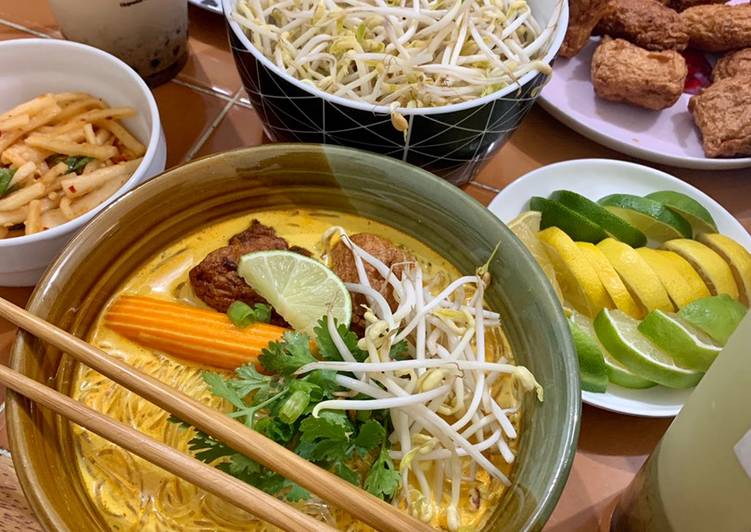
Hello everybody, hope you’re having an amazing day today. Today, I’m gonna show you how to prepare a special dish, ewedu soup and tomatoes stew. It is one of my favorites food recipes. This time, I’m gonna make it a bit tasty. This will be really delicious.
Ewedu soup is indigenous to the people of Yoruba, a very popular Nigerian ethnic group. There are simple Nigerian recipes like jollof rice, fried rice, Tomato Stew and White Rice, that is just where to start if you are new to the whole "Nigerian food thingy". Ewedu soup is a very popular Nigerian soup, particularly amongst the Yoruba ethnic group.
Ewedu soup and tomatoes stew is one of the most popular of current trending foods on earth. It’s appreciated by millions every day. It’s easy, it’s quick, it tastes delicious. They are fine and they look wonderful. Ewedu soup and tomatoes stew is something that I have loved my entire life.
To get started with this particular recipe, we have to first prepare a few components. You can have ewedu soup and tomatoes stew using 20 ingredients and 6 steps. Here is how you cook that.
The ingredients needed to make Ewedu soup and tomatoes stew:
- Get Ewedu
- Take 1 big bunch of ewedu leaf also called jute leaf
- Take 2 tsp Eru
- Get 1 tsp Grinded crayfish
- Take 1/2 tsp Salt
- Get 1 cube Maggi star
- Take 1 cup water
- Get potash 1 tsp grinded
- Prepare Stew
- Prepare 10 large tomatoes grinded
- Prepare 5 Red peppers medium size grinded
- Take 1 large onion diced
- Take 5 Maggi cubes star
- Get 3 tbsp Crayfish
- Take 2 medium stock fish cut in pieces
- Prepare 5 pieces komo cut in medium size
- Prepare 5 pieces beef cut in medium size
- Take 2 tsp Eru
- Take 1 tsp salt
- Make ready 1 cup red oil
Fresh catfish, big tomatoes, Hand Stew and ewedu soup.with eba. This soup is been eating by the Yoruba from the western part of Nigeria. Ewedu soup is a simple Nigerian dish made with ewedu leaves (also known as jute or molokhia leaves) as the key ingredient. In Nigeria, this dish is typically made by the Yoruba people, and it is usually accompanied by stew, meat, and African fufu (swallow.
Instructions to make Ewedu soup and tomatoes stew:
- For the ewedu. pick leaf from the bunch wash with clean water put aside
- Cut a new broom about 14inch and wash with water. Put water in pot allow to boil for 3 minutes add leaf add potash leave to boil for 3 more minutes.
- Using the broom beat the leaf till it shred to pieces and eru, salt, crayfish, Maggi let boil for 2 minutes and put down.
- For the stew. In a clean pot add wash beef, diced onion, 2 Maggi cubes,salt allow to boil on high heat for 15 minutes or till tender. Add stock fish and stir leave for 5 more minutes and drop.
- Wash komo cut in pieces and boil for 10 minutes and drop down.
- In a clean pot add oil let bleach for 2 minutes add diced onions stir add tomatoes, pepper and tatash paste cover and let it boil or fry for 10 minutes add beef,stock fish, komo, crayfish and stir. Add Maggi cubes, salt, Eru stir and leave for another 5 minutes and put down. Serve with Amala, pounded yam or eba.
Turn off heat and serve with your stew / gbegiri. PS… Make sure your potash is not too much or else your ewedu would come out Good luck cooking this delicious Ewedu Soup with Cooking Procedure. I finally got a recipe on how to prepare the perfect Amala and Ewedu soup. In this article, I'll be showing you how to create that perfect meal that will make your taste buds go crazy. Tomato stew: tomatoes, red bell peppers 'Tatashe', onions, ginger and garlic (if desired), seasonings, scotch bonnet peppers 'ata rodo', oil and a protein of choice (meat, beef, fish).
So that’s going to wrap it up for this special food ewedu soup and tomatoes stew recipe. Thanks so much for reading. I am sure that you will make this at home. There’s gonna be interesting food in home recipes coming up. Remember to bookmark this page in your browser, and share it to your loved ones, colleague and friends. Thanks again for reading. Go on get cooking!


